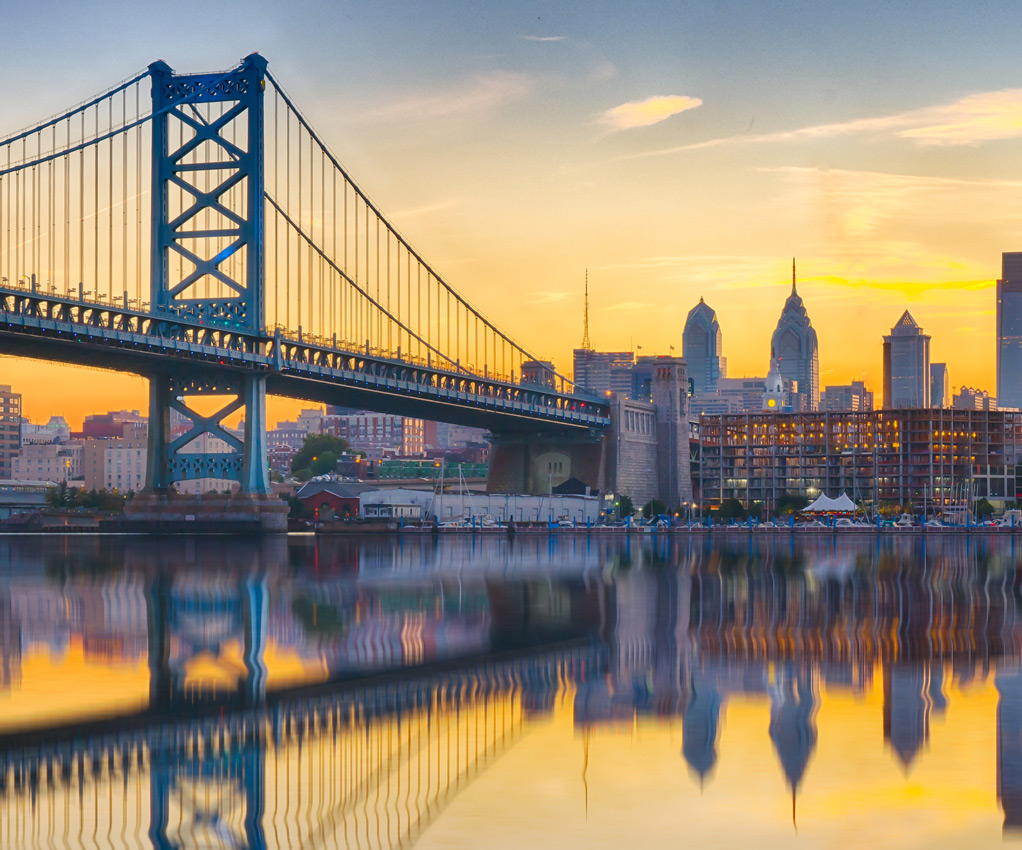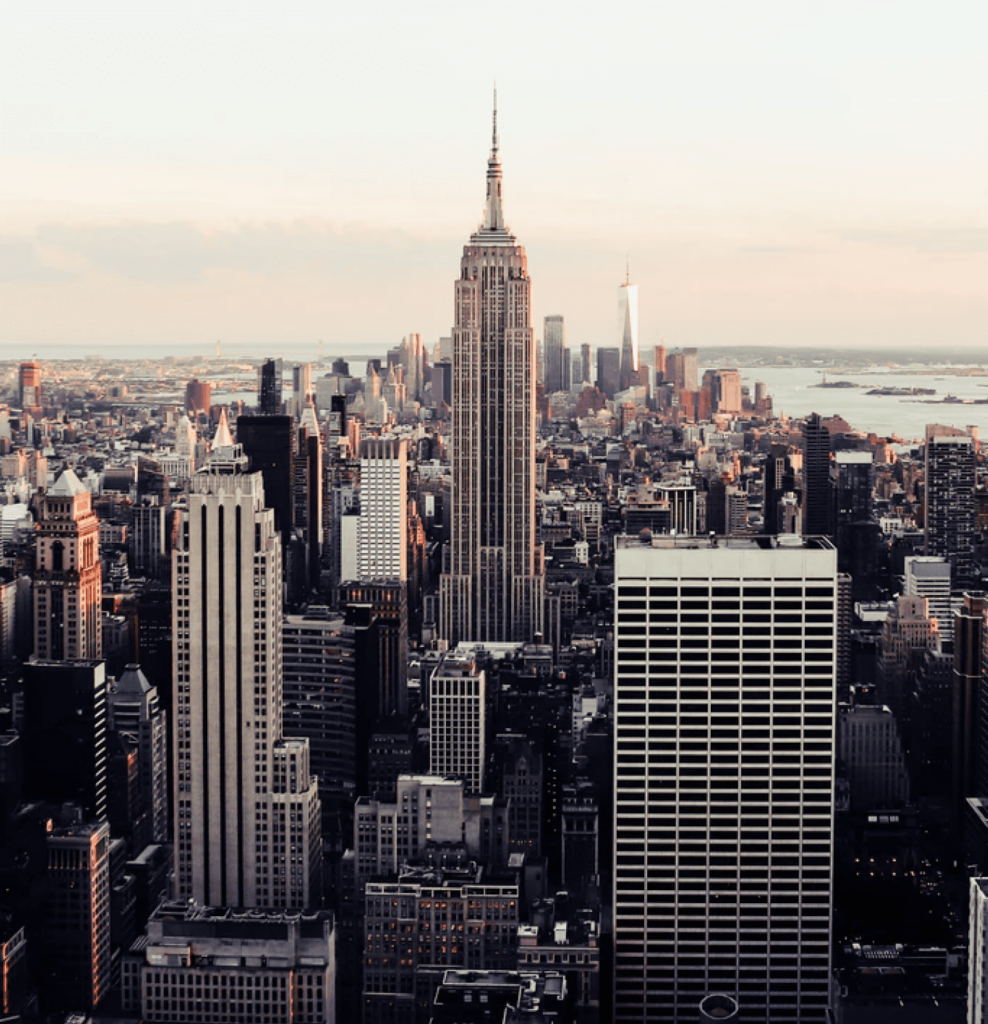By Harold Kim
Executive Vice President
U.S. Chamber Institute for Legal Reform
It won’t be long before Major League Baseball’s spring training is in the air, and teams flock to Florida to begin tuning up for the regular season. Meanwhile, Gov. Ron DeSantis isn’t waiting around to knock one out of the park when it comes to improving the state’s lawsuit climate.
Today, Gov. DeSantis nominated Florida Third District Court of Appeal Judge Barbara Lagoa to fill the first of three vacancies on the Florida Supreme Court. Judge Lagoa’s nomination is especially important because it adds a justice who brings a skeptical eye to Florida’s out-of-control lawsuit environment, and gives like-minded justices a majority on the court.
For years, Florida has ranked among the worst state lawsuit environments nationally. In the most recent State Lawsuit Climate Survey, conducted by Harris Poll and released by the U.S. Chamber Institute for Legal Reform (ILR), Florida sank to an all-time low, from 44th to 46th nationally. Another ILR study last fall showed that the costs and compensation paid in Florida’s tort system amounted to 3.6 percent of state GDP, or $4,442 per household each year. That is significantly above the national averages of 2.3 percent of GDP, and $3,329 per household, respectively.
One major problem for the Sunshine State has been its supreme court. Not only has the court opened the door for more dubious lawsuits, it has also struck down reforms aimed to curb them. In October 2018, the court struck down a law enacted to keep “junk science” out of Florida’s courts, and follow the expert evidence standard used by all federal courts and the vast majority of other states. It has also struck down medical malpractice reforms aimed at curbing “defensive medicine,” and voided limits on attorneys’ fees in workers’ compensation cases.
Gov. DeSantis’ nomination signals a new day for the Florida Supreme Court, and not a moment too soon. We believe that Judge Lagoa and future nominations can restore balance and common sense to the court, all to the benefit of the state’s lawsuit environment and Floridians.



